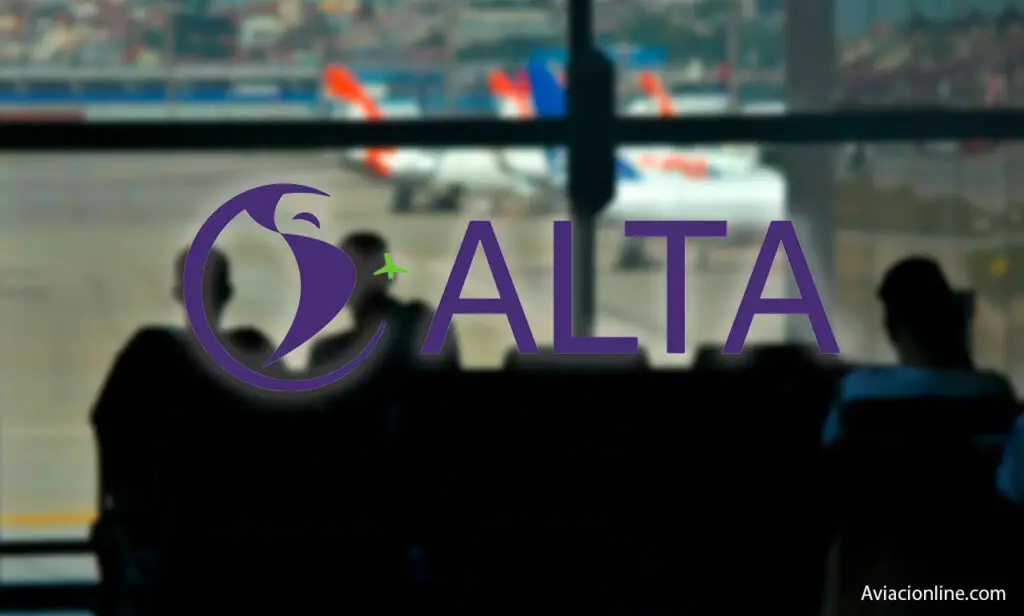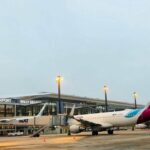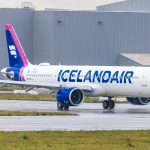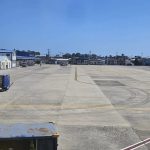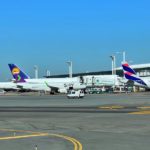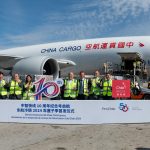Within the framework of the 24th Ordinary General Assembly of the Latin American Civil Aviation Commission (CLAC), it was resolved to urge the 22 member states of the Latin American and Caribbean Air Transport Association (ALTA) to create regional policies that promote the production and use of sustainable aviation fuels -SAF, for its acronym in English-.
According to the association, some of the measures to achieve this will include: incentivizing SAF production programs through, for example, loan guarantees or capital subsidies, supporting research and development in the SAF production supply chain to reduce costs, and creating an appropriate regulatory framework to accelerate investments.
This news comes at a time when different players in the airline industry around the world are pursuing various strategies to reduce the environmental impact of operations. Among them, the implementation of PBS is one of the quickest to apply, since it does not require changes to airport infrastructure or aircraft.
However, worldwide production of PBS is still very incipient in relation to the needs of the industry. In this context, what was resolved during the last CLAC assembly is of vital importance to advance towards the reduction of flight emissions in the region.
José Ricardo Botelho, executive director & CEO of ALTA, said that «this is an important step towards making sustainable aviation fuels available on a larger scale, which can reduce costs and accelerate their implementation to meet environmental goals. Aligned industry-government work is critical to achieve efficient policies, legal certainty that allows investments, infrastructure development that generates competitiveness. From ALTA we reiterate our full support to the governments of the region in the implementation of this resolution and in the creation of collaborative work bridges with the private sector».
The region’s airlines had already unanimously committed to achieve zero net emissions by 2050 during ALTA’s 41st Annual General Assembly in Bogota, Colombia, which was covered by Aviacionline.
During the meeting, ALTA’s legal director, Gonzalo Yelpo, presented the details for the implementation of the «book and claim» system, a mechanism for the implementation of a transparent market for more efficient UFTS that avoids carbon emissions derived from their transportation.
«This system has the potential to streamline the development of a UFTS production and distribution industry in the region. It is important to consider that harmonization again is the key, as the diversity of regulations would create more administrative burden for the industry and increase market uncertainty,» said Gonzalo Yelpo.
The Latin American and Caribbean Air Transport Association currently has a Fuel Committee that is working to streamline and scale the availability of sustainable aviation fuel for flights in the region. The committee, whose next meeting will be held in Rio de Janeiro in September, aims to support its members in promoting the adoption of strategies to care for the environment in the long term.

